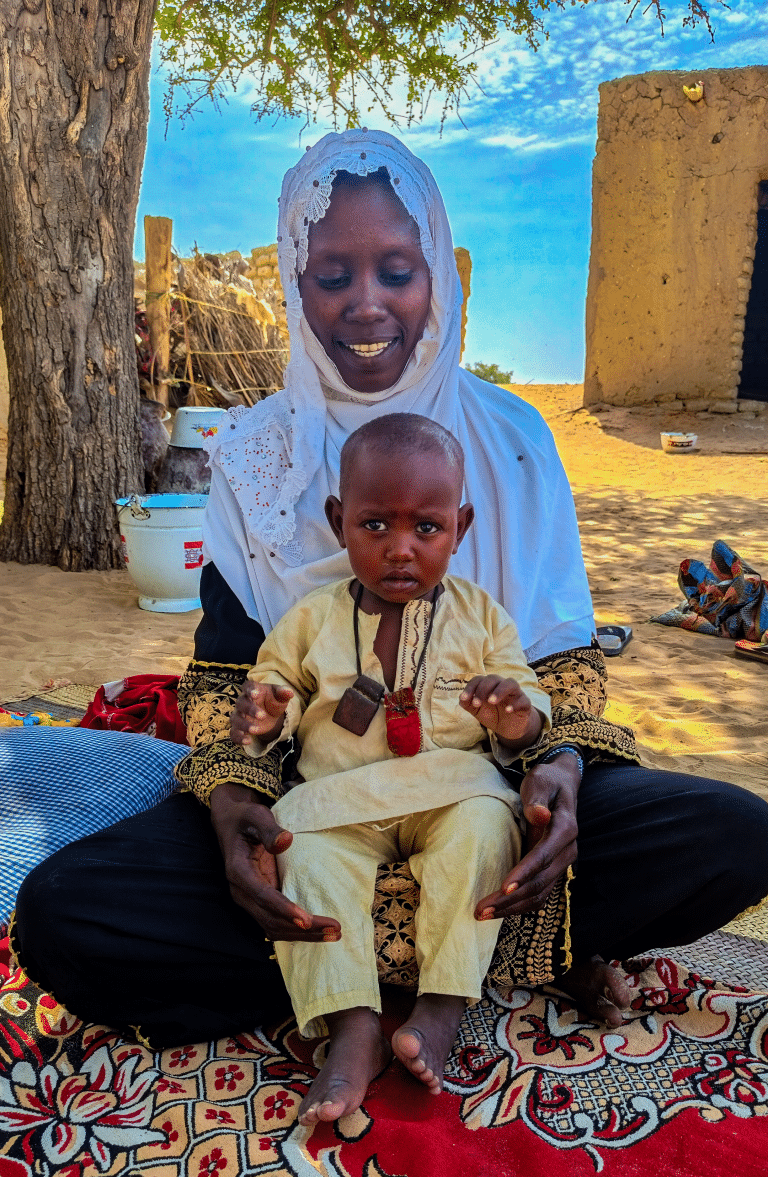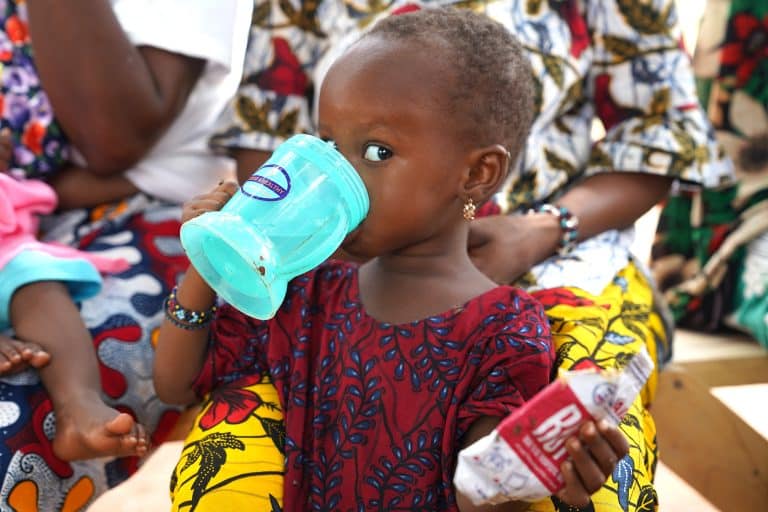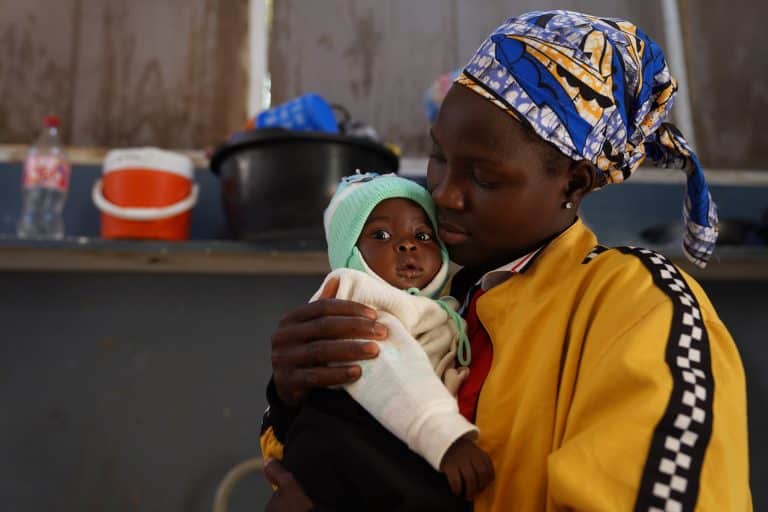ALIMA began its operations in Cameroon in 2016, in the town of Mokolo. Located near the Nigerian border, Mokolo is the capital of the Mayo-Tsanaga department in Cameroon’s Far North region.
Mokolo is a refuge for over 70,000 people fleeing the crisis in the Lake Chad Basin region. These refugees from Nigeria are camped in the Minawao site (a refugee camp) which, along with several internally displaced people (IDP) sites, form a belt around the city, spanning a radius of 7 to 15 kilometers.
The scale of the crisis is bringing many humanitarian actors to the region. However, ALIMA remains one of the few NGOs focusing on the health sector Dedicated to providing free and quality health care, ALIMA targets internally displaced populations, refugees, and host populations. Since 2016, the NGO has provided care to over 305,000 people.
What Are the Main Challenges Faced by Humanitarian Actors in Mokolo ?
We are facing a decline in funding for activities in this region, which has been severely impacted by the Lake Chad Basin crisis.
While the needs continue to grow, available funding is dwindling rapidly. Insecurity along the Nigerian border is also affecting nearby communities, causing significant population displacements and increasing health needs. This insecurity forces villages to empty, leading to the closure of some health centers and transferring existing needs to the areas hosting displaced populations.
What Needs Does Alima’s Action Meet?
The most pressing need, which ALIMA’s presence helps to address, is managing the increasing number of refugees and displaced persons in the area. This influx puts pressure on the Mokolo health district, creating a greater demand for health personnel. Although Cameroon’s health system is well structured with basic infrastructure in place, the lack of humanitarian actors in health significantly reduces access to quality health care for vulnerable populations, especially in the Mayo-Tsanaga department, a region in a humanitarian crisis. Our presence is essential, but we urge other organizations to join us in providing more health care to the communities there.
What are the prospects for improving the humanitarian situation in Mokolo?
The needs are substantial and multisectoral: shelter, health, protection, nutrition, and education. ALIMA is highly regarded by local communities, traditional chiefs, and administrative authorities, etc. We are able to relieve the burden on those in need of free health care. The key element that could improve the situation is the inflow of funds. Funding and partnerships will drive progress, expanding the range of activities and humanitarian efforts. Partnerships will also increase the number of humanitarian organizations in the area.
In Mokolo, projects run by ALIMA teams are funded by the Bureau for Humanitarian Assistance (BHA), the Agence française de développement (AFD) and the Centre de Crise et de Soutien (CDCS).
Cover photo: © Daniel Beloumou / ALIMA





